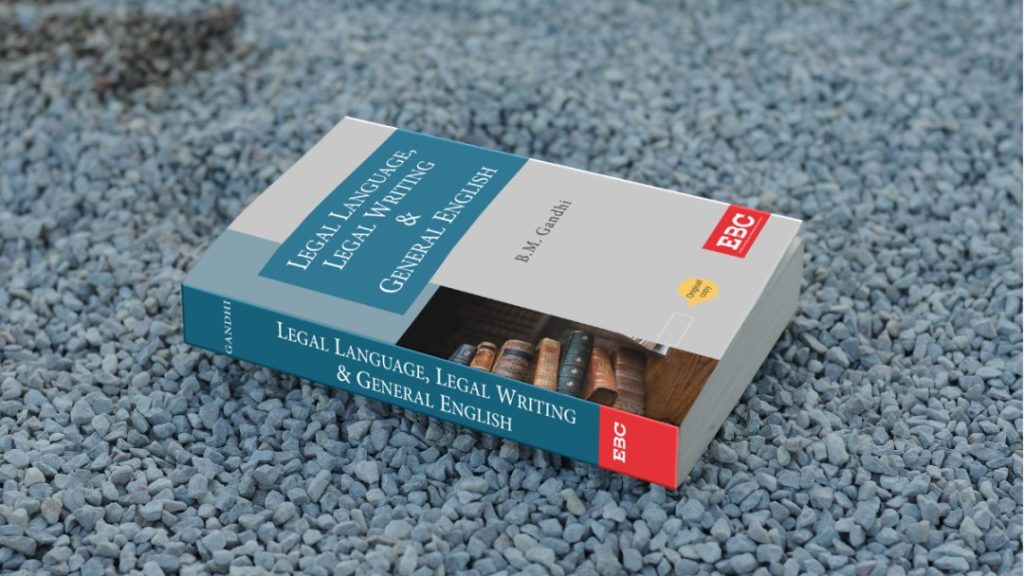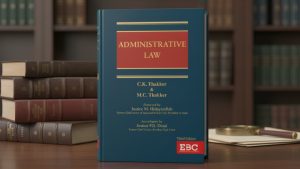
In the legal world, how you say something often matters as much as what you say. Legal language and writing are the backbone of all communication in the legal profession—whether you’re drafting a contract, filing a petition, or delivering a judgment.
But legal writing isn’t just about sounding formal—it’s about being precise, clear, and persuasive. Let’s explore the essentials of this critical legal skill.writing, offering a strong foundation for beginners and a refresher for advanced users.
What is Legal Language?
Legal language is the specific style of communication used in legal documents and proceedings. It’s known for being technical, formal, and sometimes difficult to understand. However, modern legal drafting is gradually moving towards simplicity and accessibility—without sacrificing accuracy.
Key Features of Legal Language
Here are the hallmarks of traditional legal language:
- Formality – Avoids colloquialisms and informal tone.
- Precision – Words carry specific legal meanings.
- Use of Latin phrases – Like bona fide, mens rea, prima facie.
- Passive voice – Often used to maintain objectivity.
- Complex sentence structures – Used to define obligations and liabilities clearly.
Why Legal Writing Matters
Effective legal writing ensures that your message is:
- Clearly understood by courts and clients
- Legally enforceable
- Free from ambiguity
- Persuasive in argumentation
Whether it’s a contract, judgment, or statute, a well-drafted document can prevent disputes—and a poorly drafted one can cause them.
Common Types of Legal Writing
| Type | Purpose |
|---|
| Contracts & Agreements | Define rights and obligations clearly |
| Legal Opinions | Advise clients on the legal position |
| Memos & Briefs | Analyze and present arguments |
| Case Briefs | Summarize legal rulings for study or reference |
| Judgments | Deliver decisions and their rationale |
| Pleadings & Petitions | Communicate party positions to the court |
Key Principles of Effective Legal Writing
- Clarity – Write in plain, understandable terms.
- Brevity – Remove redundancy and keep it concise.
- Structure – Use headings, bullet points, and logical flow.
- Accuracy – Fact-check and cite sources correctly.
- Consistency – Maintain uniform style and tone throughout.
Reading & Resources
Want to explore more on legal writing, judicial reasoning, and constitutional governance? A great place to start is the curated section on Legal Writing & Drafting at EBC Webstore**, which offers bestsellers on advocacy, contracts, and legal research methodology.
Why Legal Writing Matters for a Lawyer Aspiring to Be a Writer
For lawyers with a passion for writing, legal writing is not just a professional necessity—it’s a launchpad for a broader literary or academic journey. Whether you aim to write articles, books, opinion columns, or even legal fiction, your ability to distill complex legal ideas into accessible narratives is invaluable.
Here’s why legal writing is your superpower:
- Translates expertise into influence
Clear legal writing helps you reach audiences beyond courtrooms—be it through blogs, editorials, or thought leadership. - Builds credibility and voice
A well-written legal article or commentary builds your authority and personal brand in the legal community. - Paves the way for publishing opportunities
Many lawyer-writers begin by publishing case commentaries, research papers, or columns in legal magazines, and then transition into authoring full-length books. - Shapes public understanding of law
Through strong legal writing, you can break down complex legal issues for the public—impacting policy discussions, legal awareness, and civic literacy. - Opens alternative career paths
From legal journalism to academia, publishing, or content consulting, solid legal writing skills give you a versatile career edge.
“A lawyer who can write well doesn’t just argue cases—they shape the discourse around justice itself.”
If you’re serious about this path, start with regular contributions to law reviews, legal blogs, or your own platform. Combine your legal acumen with a narrative voice, and you’ll find your writing can open doors far beyond the courtroom.
















